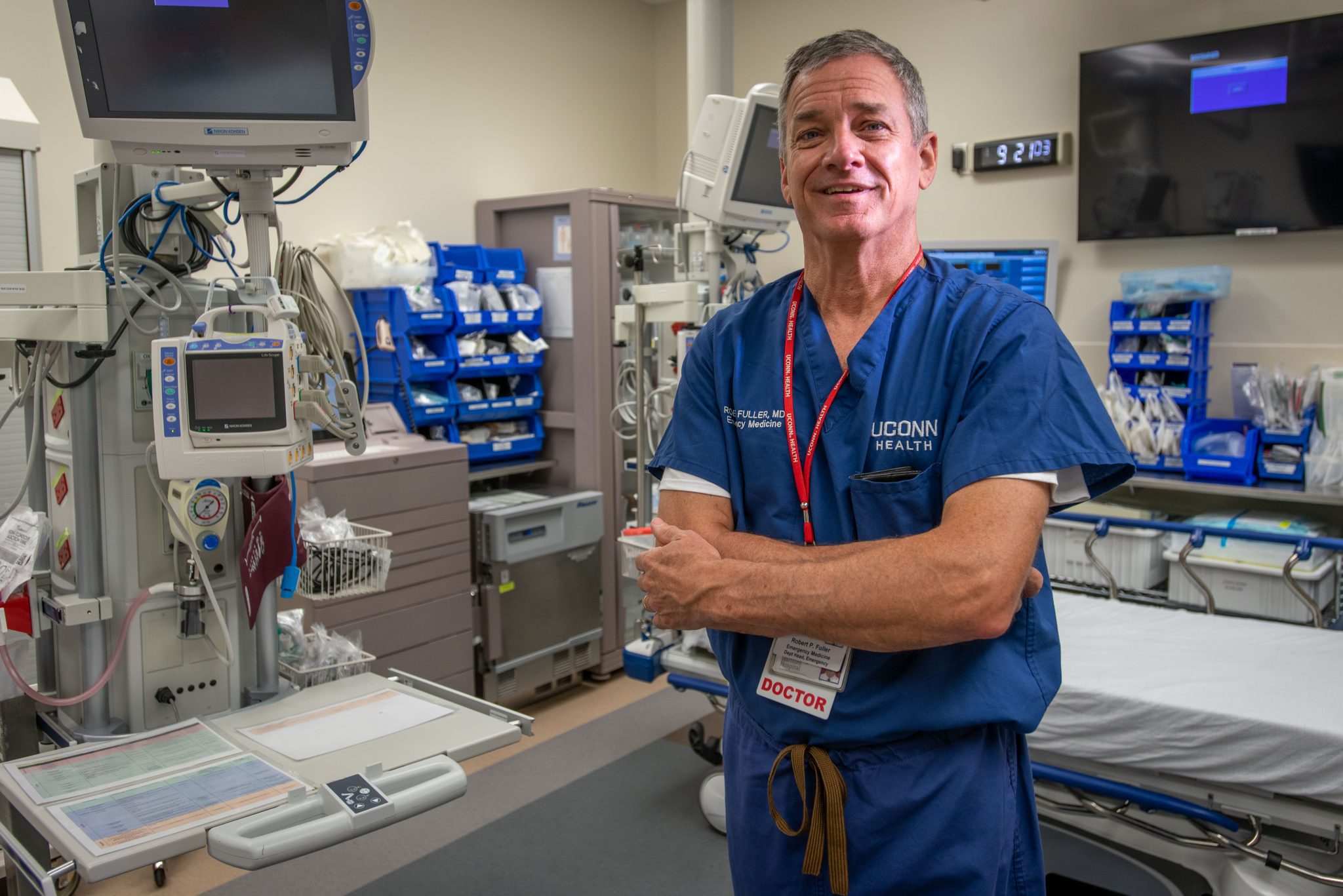College Bound: Taking Care of Your Mental Health at College

Audio By Carbonatix

Photo credit: Ronni Newton (we-ha.com file photo)
We-Ha.com will be publishing a series of essays/blogs/reflections on the issue of going to college – primarily a set of thoughts and musings, along with some practical advice, intended to support students and parents as they embark on this journey. While many of our readers are experts in this topic, many others are less knowledgeable and have little outside support. We hope this is helpful to all readers as they go through the various stages of getting into and getting something out of college.

Adrienne Leinwand Maslin. Courtesy photo
By Adrienne Leinwand Maslin
One of the things I do when I am not preparing this column for We-Ha.com is volunteer with Gilead Community Services in Middletown. Gilead provides support and services to individuals and families with mental health and addiction conditions in Middlesex County.
Gilead’s annual 5K fundraising road race was held this year on April 2 and the route takes runners and walkers around the campus of Wesleyan University, through the streets of Middletown, and finishes at South Green. I walked with my dog, Roxanne, who is only competitive when it comes to treats. Nonetheless, we finished with a respectable time. My involvement with Gilead began when I worked at Middlesex Community College and learned that a good number of our students benefitted from the multitude of services the organization provides.
As most everyone knows, there is a mental health crisis among America’s youth. And for young people who have a mental health diagnosis, leaving home to attend college can be daunting. It is equally unnerving for parents.
Even for students without previous mental health concerns, college brings new challenges that can provoke some kind of severe emotional distress. The number of students on college campuses who experience mental health issues has increased greatly over the past several years. Even before the pandemic, college counseling centers were seeing an increase in the number of students requesting services. But, when colleges reopened following the COVID-19 closures, that number grew substantially. Here are some stats from a 2023 article in Best Colleges:
- In 2022, over three-quarters of college students (77%) experienced moderate to serious psychological distress.
- 35% of students were diagnosed with anxiety; 27% had depression.
- Trauma, eating disorders, obsessive-compulsive disorders, bipolar disorders, and substance use disorders are other mental health conditions affecting college students.
- Almost 9 in 10 students (89%) who face academic challenges say they affect their mental health.
- In 2021, 28% of students said they often felt isolated from others.
- Trans/gender-nonconforming and LGBTQIA+ students report higher levels of mental health challenges than their cis and straight peers.
- College athletes, especially in women’s sports, experience heightened levels of negative mental health symptoms like anxiety, trouble sleeping, mental exhaustion, and feeling overwhelmed.
- Just 40% of students think their school is doing enough to support student mental health.
What accounts for the increase? Probably more things than any one of us can imagine.
The world may well be a more complicated place than when I and many of us reading this article attended college. For me it was the early 1970s and though I’m not suggesting the 70s were a better time, I believe traditional college-aged students had fewer pressures. The students I have worked with in recent years experienced loneliness, food insecurity, homelessness, have been concerned about the health of family members, have experienced the loss of a close family member especially since the pandemic, have been sexually assaulted, have experienced domestic violence, have been bullied or hazed, have not acquired the necessary study skills to succeed in college, or have been subject to the negative effects of social media. Additionally, students are concerned about the environment, getting a job after college, the divisive climate in our country, mass violence, being conservative amidst the liberalism of many college campuses, and their sexual identities.
It’s possible, of course, that more students with these issues and concerns are attending college than in the past or that I was simply unaware of what some of my peers were going through when I was in my college years. While considering the causes of this increase is important, it is not as important as knowing the signs of a mental health condition and taking steps to deal with it before it escalates.
First, we must distinguish between normal stress that is brought on by an upcoming exam or your computer crashing when you need it most, and intense emotions that last longer than a couple of weeks. (Although even seemingly small issues can result in severe emotional distress when compounded by other stressors.) According to NAMI (National Alliance on Mental Illness), it is time to seek professional help if one’s feelings and emotions:
- Are too intense or cause too much distress.
- Last more than two weeks.
- Interfere with daily life, causing difficulties sleeping, eating, concentrating, working, enjoying things, relating to others.
- Lead us to withdraw from relationships.
- Are accompanied by other problems like misuse of alcohol or drugs, thoughts of self-harm or aggressive behaviors.
- Repeat in similar patterns.
- Lead us to dangerous behavior or risky decisions.
If any of the above situations describe you, it is time to seek out the assistance of a professional.
So, students, what steps can you take to care for your own mental health, especially when you are far from home and family?
One of the steps that all students should take, no matter how far from home you are, no matter if you live in a residence hall, an off-campus apartment, or at home with family, is to maintain a healthy routine. College brings new challenges: new people to meet, new classes, harder academic work, a large campus to find your way around, and learning to manage your time without nudges from your folks. This does not mean you should skimp on eating, sleeping, or exercise. We know how intricately entwined all three are to staying physically and mentally healthy, and being both physically and mentally healthy are necessary for your academic and personal success.
Another step is to know where at your college you can go for help and to access the help you need. Students should know where the student health clinic is, how to access mental health resources, and where to go for academic help. And you should not hesitate to seek out the help you need. There should be no embarrassment when doing what you need to do to assure a healthy mind, body, and a bright future. We are fortunate to live in a time when the stigma of having a mental health issue and seeking help for it has lessened.
Be realistic about the services your college can provide and learn about these services prior to accepting an offer of admission. Most colleges cannot handle the number of students wishing to access help with their mental health needs. If you know you have a mental health condition and you see a therapist on a regular basis, you might want to discuss the possibility of telehealth visits during the time you are away at college. Or, ask your therapist to recommend a clinician in the town where you will be attending school. In this way you will be able to continue receiving the help you need.
When choosing a college, most students factor in the student activities that are available on campus. As you do this, you might want to consider whether the college offers activities or clubs that might contribute to maintaining a positive outlook and good mental health. These might include peer-to-peer counseling, group counseling, campus-based or community-based religious organizations, yoga clubs, or learning communities. All of these can help to build up your sense of belonging at your college or university.
Parents, how can you help your college-aged child maintain a healthy sense of emotional well-being from afar?
The first thing is to ask questions about mental health services as you and your child are in the first steps of your college exploration journey. What mental health services does the college provide? What is the student to therapist ratio? Can students receive unlimited sessions with a therapist or is there a cap on the number of private therapy sessions a student can have? Is group therapy available?
Understand what kind of health insurance you have and what that insurance will cover. Some health care coverage will not allow your child to see a therapist “out of network” while others will pay the bulk of the cost for a private therapist, even if your child’s college is far from home.
Be aware that a college counseling center typically will not have a specialist in every condition that students might experience. A student with an eating disorder or a substance abuse disorder might not find precisely the kind of specialist they need given the diversity of mental health issues that exist. It is important to know this beforehand and use this information to make decisions.
The Children’s Health Council recommends teaching young people how to recognize depression and anxiety. “While many parents talk with their children about preventing drug abuse and sexual assault, they rarely educate them about depression and anxiety. You can teach your child the warning signs and that these are common and treatable conditions. With this knowledge, they may seek help more quickly.”
Probably the most important thing parents can do is talk to their college-aged child about mental health issues and stay in regular communication with their child once they have left for college. And, much better than email and texting is communicating by phone or video calling. Just as “a picture is worth a thousand words,” hearing your child’s voice or seeing their face can give you much more information than a text or an email.
I hope no one reading this article has to face these issues. Statistically, however, that will not be the case. According to NAMI, “1 in 5 adults in America experience a mental illness” in a given year.
But if you as students or you as parents do have to confront a mental health condition while you or your child is at college, I hope you have a better understanding of the steps you can take and the resources available to tackle the issue.
Adrienne Leinwand Maslin recently retired from a 45-year career in higher education administration. She has worked at public and private institutions, urban and rural, large and small, and two-year and four-year, and is Dean Emerita at Middlesex Community College. She has held positions in admissions, affirmative action, president’s office, human resources, academic affairs, and student affairs. Maslin has a BA from the University of Vermont, an MEd from Boston University, and a PhD from the University of Oregon. She is presently creating a TV/web-based series on life skills and social issues for 9-12 year olds believing that the more familiar youngsters are with important social issues the easier their transition to college and adulthood will be. Information about this series as well as contact information can be found at www.shesroxanne.com.
Like what you see here? Click here to subscribe to We-Ha’s newsletter so you’ll always be in the know about what’s happening in West Hartford! Click the blue button below to become a supporter of We-Ha.com and our efforts to continue producing quality journalism.




[…] College Bound: Taking Care of Your Mental Health at College […]